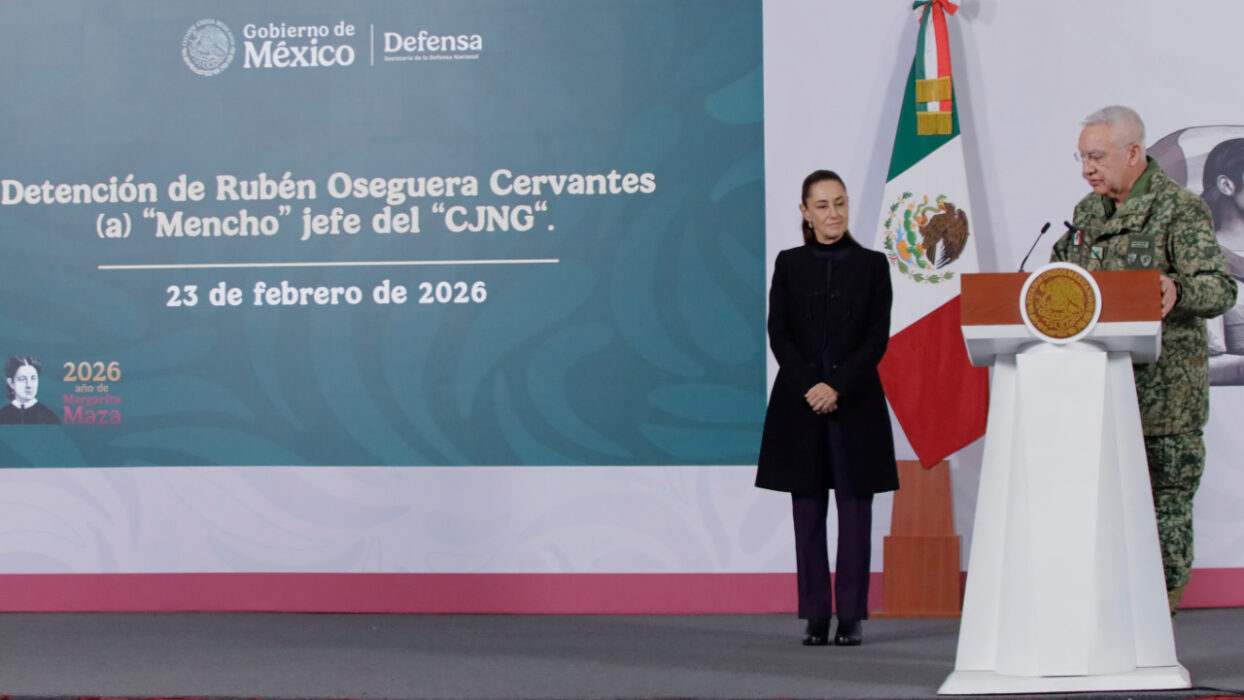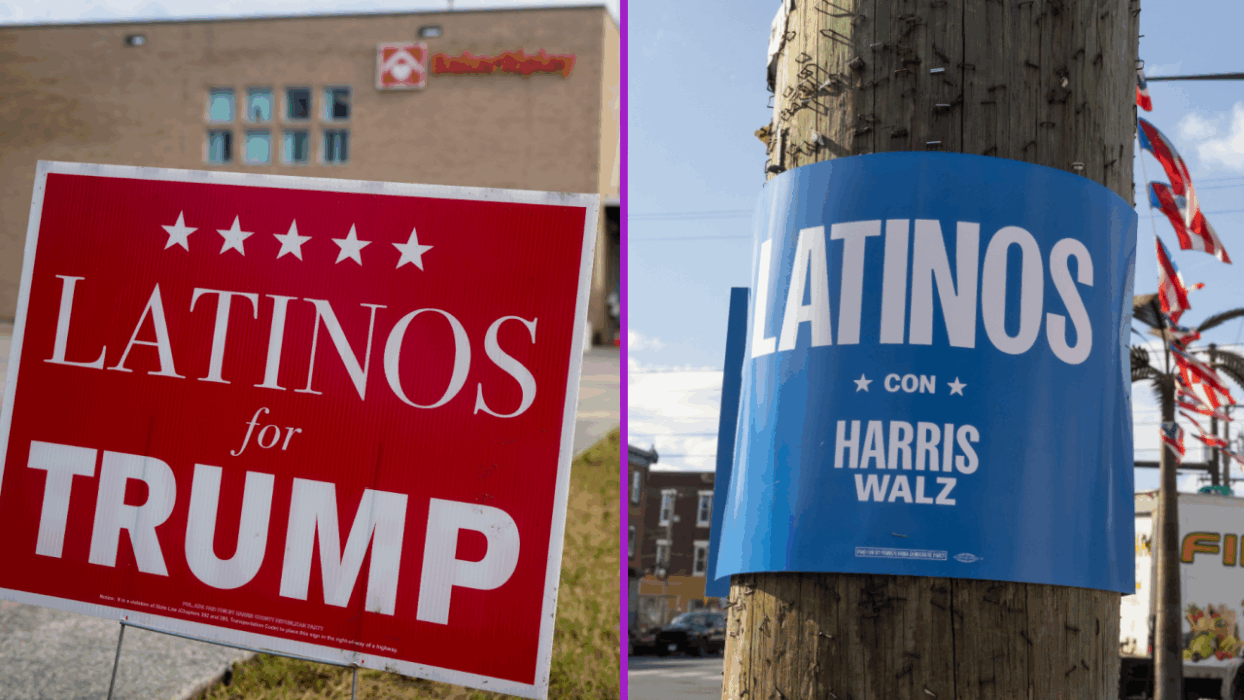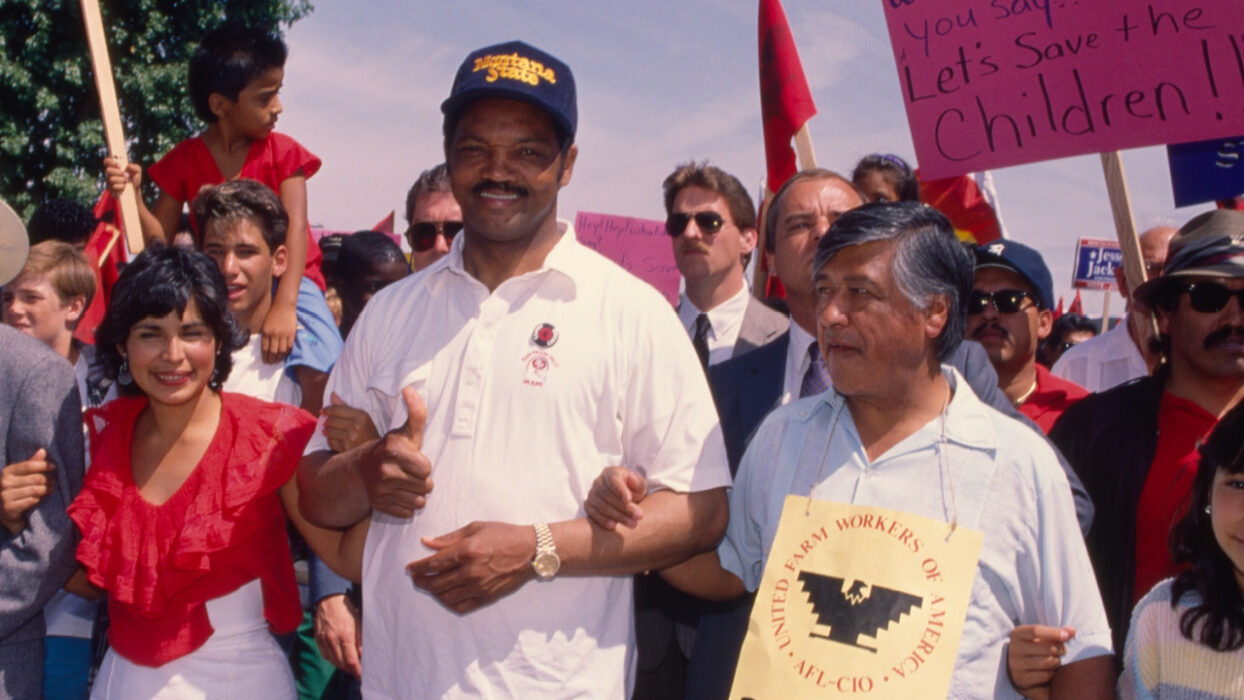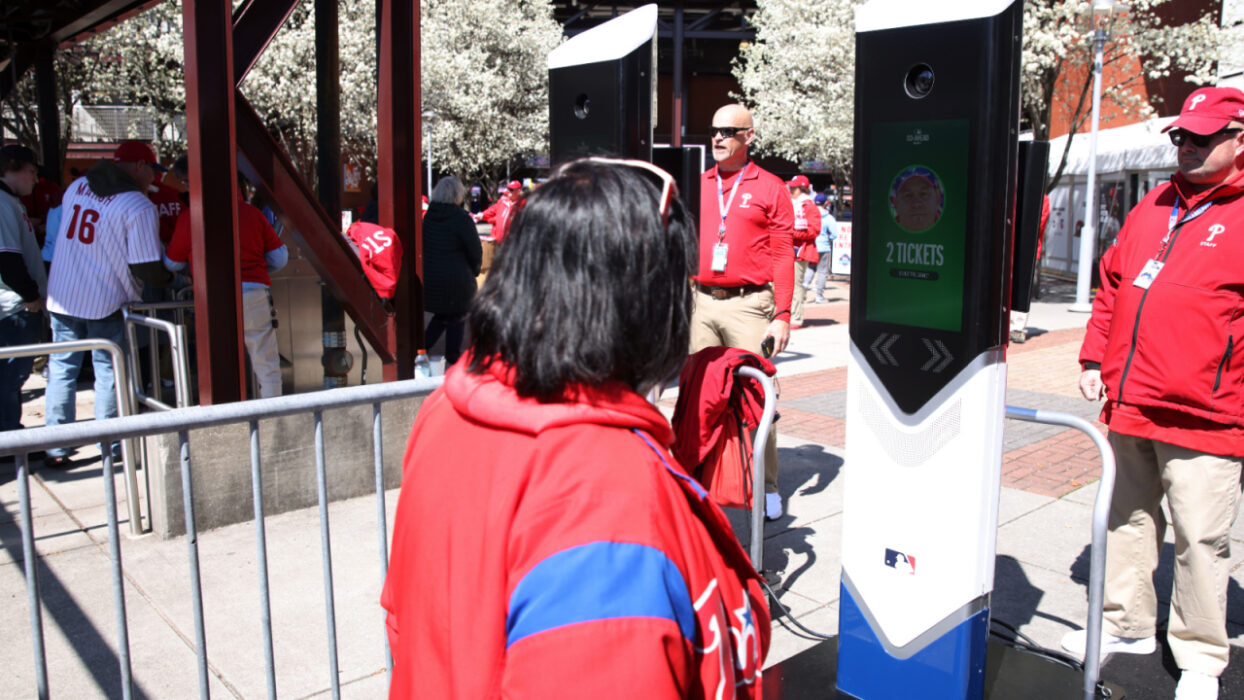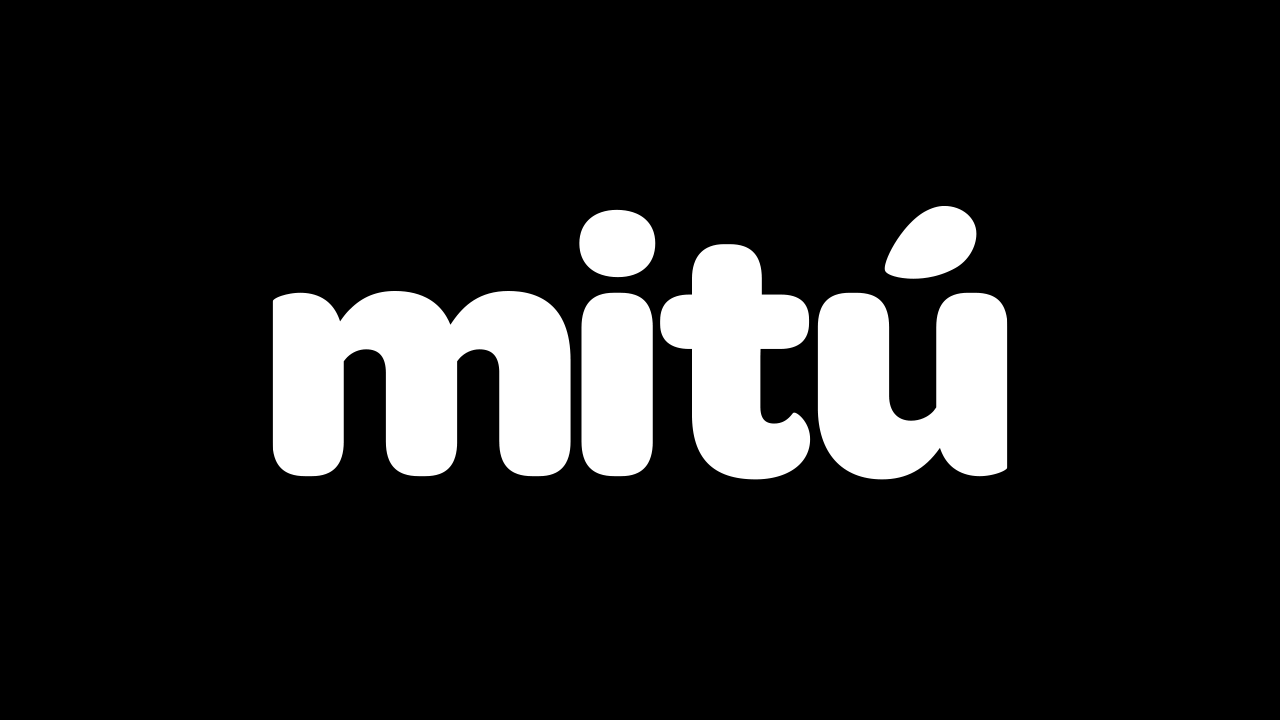
A Peruvian Woman Was Behind The Translation Of The Star-Spangled Banner’ Back When President Franklin D. Roosevelt Commissioned It
There’s no denying that the world looks a lot different now than it did in 1947. And while the list of all of the positive changes that the decades stretching between now and then have done for the world and minorities, a recent campaign is also highlighting the ways in which our current president could take some notes on certain values the United States held dear during this time. Particularly ones that had been pressed for by one of our former presidents.
As part of Franklin D. Roosevelt’s “Good Neighbor Policy” effort, he worked to promote positive and healthy relations between the United States in Latin American countries.
At the time Rooseveltaimed to ensure that the North, Central and South American countries avoided breaking under the influence of Axis countries during World War II. As part of this campaign, Roosevelt comissioned a Spanish and a Portuguese version of the U.S. national anthem. According to Time Magazine he also “recruited Hollywood to participate in this Good Neighbor Policy; Walt Disney went on goodwill tour of South America, hoping to find a new market for his films, and ended up producing two movies inspired by the trip: Saludos Amigos (1942) and The Three Caballeros (1944). The Brazilian star Carmen Miranda also got a boost, and her role in The Gang’s All Here made her even more famous in the U.S. And alongside these cross-cultural exchanges, the U.S. government decided it needed an anthem that could reach Spanish speakers.”
According to NPR, Clotilde Arias, wrote wrote the translation at the end of World War II, was born in the small Peruvian city, Iquitos in 1901 and moved to New York City to become a composer when she was 22-years-old. Her version of the anthem is now part of an exhibit at the Smithsonian Institution in Washington, D.C.
Now in an effort to support Latino communities affected by the coronavirus, the non-profit We Are All Human Foundation’s Hispanic Star campaign commissioned the a remake of the song.
Hoping to raise awareness of its Hispanic Recovery Plan and efforts to help to connect Hispanic small businesses and workers with resources during the pandemic, the campaign brought the old recording from obscurity.
For the song, the 2019 winner of the singing competition La Voz, Jeidimar Rijos, performed “El Pendón Estrellado.” Or, “The Star-Spangled Banner.”
The song has already received quite a bit of comments and support on Youtube.


Hang in there, fam. We can only get through this together.

